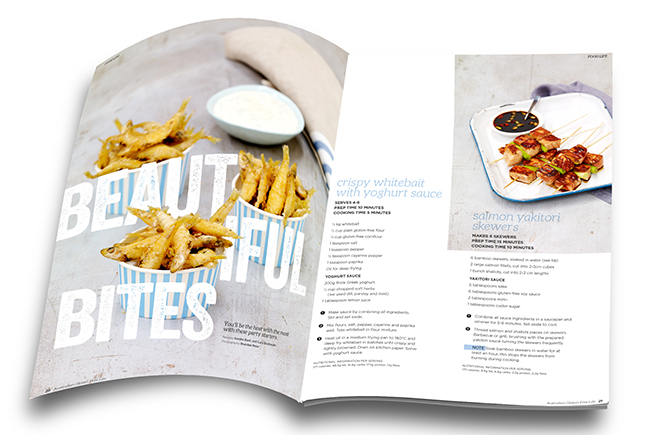A Swedish study recommends follow up for children with a positive blood test for coeliac disease, but a negative biopsy.
When diagnosing coeliac disease in children, those who have a positive blood test, but a negative biopsy continue to have a high risk of developing the condition and should be followed for five years, a recent Swedish study found.In 2005-2006 and 2009-2010 two school-based screenings for coeliac disease were undertaken in Sweden. About 13,000 children all 12 years of age participated.Five years after the screening, in 2011 and 2015, all children with. . .







